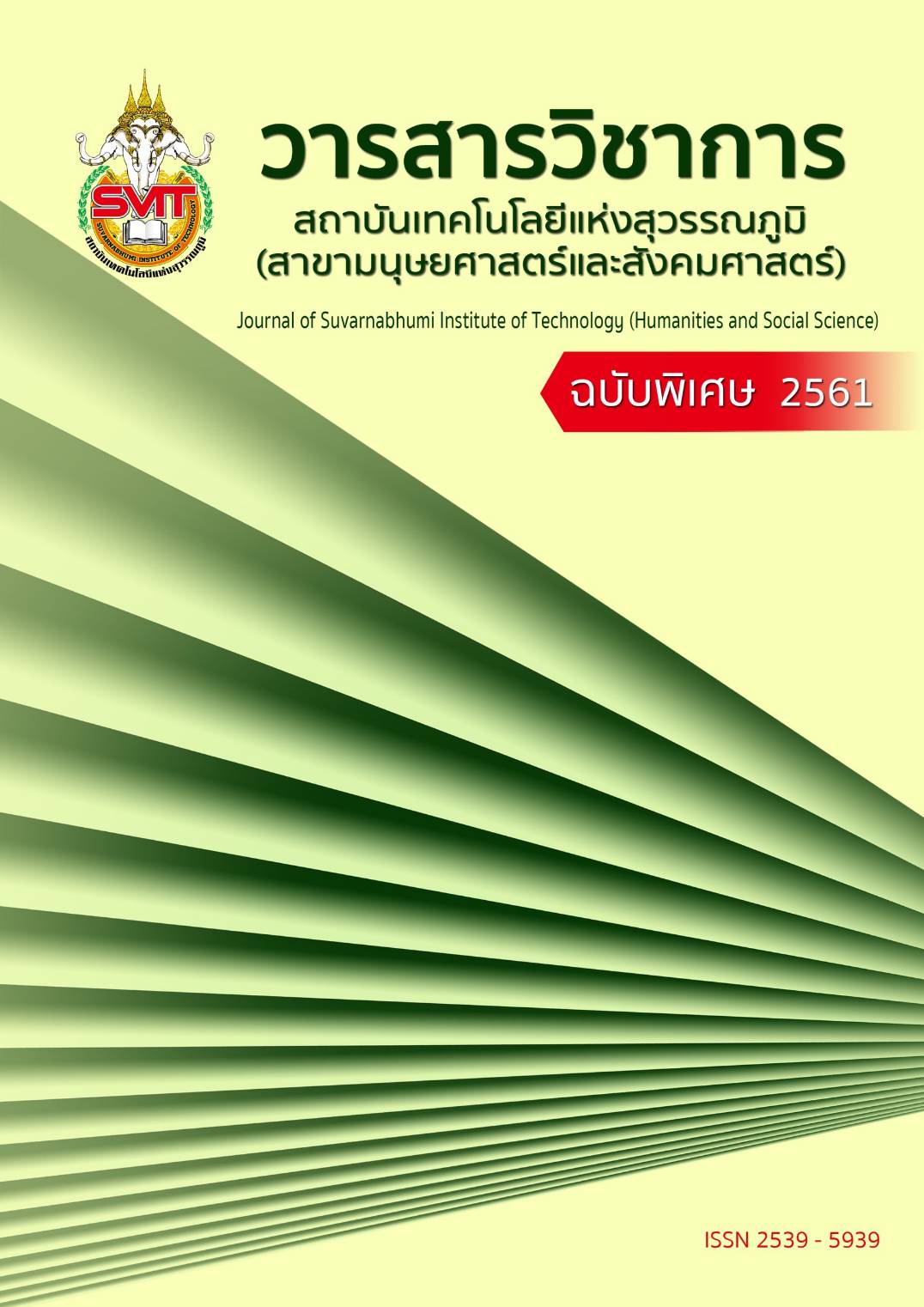SEXUAL VIOLENCE IN THAI SOAP OPERA: A CASE OF SAWAN BIENG (TWISTED HEAVEN)
Keywords:
Soap opera, Sexual violence, Television production elements, Social Learning Theory, weblogsAbstract
Soap opera has been a very famous type of home entertainment in Thailand. As one of the highly successful soap operas, being produced and broadcasted several times, Twisted Heaven or Sawan Bieng presents both romance and sexual violence in its content. This study aims to examine how Thai audiences interpret the meaning of love in plot, characters’ behaviors, and particularly the violent love scenes of Sawan Bieng. A mixed research method was conducted by using the content analysis of five Thai popular websites and in-depth interviews of eight Thai viewers. The data analyses revealed three major findings. First, TV production elements provided the important information for audiences to accept the hero’s sexual violence. Second, the sexual violence or rape in Sawan Bieng is one of the audiences’ expectation in romance story as Radway (1984) mentioned. Third, the application of the Social Learning Theory appears to have no violent effect. The hero and heroine have been popular role models for teenagers. The audiences not only sympathized with the hero who took responsibility for his sexual violence, but also hailed the heroine as superb role model for her tolerance, forgiveness, and generosity.
References
Ball, M.R. (1989). Ritual drama in American popular culture: The case of professional wrestling. Dissertation. Lincoln: university of Nebraska.
Bandura, A. & Walter, H. R. (1964). Social learning and personality development. New York: Holt, Rinehart and Winston, Inc.
Bandura, A. (1971). Social learning theory. Morristown: General Learning Press.
Bandura, A. (1977). Social learning theory. Englewood Cliffs, N.J.: Prentice-Hall.
Bandura, A., Grusec, E. J., & Menlove, L. F. (1966). Observational learning as a function of symbolization and incentive set. Child Development, 37, 499-506.
Baym, K. N. (1999). Tune in, log on: Soaps, fandom, and online community. Thousand Oaks, California: Sage Publications, Inc.
Chanasongkramn, K. & Magazine, P. V. (2009, May 22). Our love affair with soaps. Bangkok Post.
Driscoll, C. (2002). Girls. New York: Columbia University Press.
Ellis, J. (1982). Visible fictions. London: Routledge.
Farrar, K. & Krcmar, M. (2006). Measuring state and trait aggression: A short, cautionary tale. Media Psychology, 8(2), 127-138.
Feldman, C. (2002). The construction of mind and self in an interpretive community. In J. Brockmeier, M.Wang, & D. Olson (Eds.) Literacy, narrative, and culture (pp. 52–66). London: Curzon Press.
Harrington, C. L. & Bielby, D. D. (1995). Soap fans: Pursuing pleasure and making meaning in everyday life. Philadelphia: Temple University Press.
Levine, E. (2007). Wallowing in sex: The new sexual culture of 1970s American television. Durham, NC: Duke University Press.
Prasert, P. (2007, January 20). Warnings to accompany TV sex and violence. The nation.
Radway, J. (1984). Reading the romance: Women, patriarchy, and popular literature. Chapel Hill and London: The University of North Carolina Press.
Radway, J. (1984). Reading the romance: Feminism and the representation of women in popular culture. Chapel Hill: University of North Carolina Press.
Sixteen highest rating of Thai soap opera. (2018, March18) Retrieved from https://www.wtfintheworld.com/2018/03/18/16-most-rating-tv-thai/
Thepchai, Y. (2007, July 24) TV rating force execs to break sex and violence mould. The Nation. Retrieved August 28, 2007 from https://nationmultimedia.com
Weber, R., Ritterfeld, U., & Mathiak, K. (2006). Does playing violent video games induce aggression? Empirical evidence of a functional magnetic resonance imaging study. Media Psychology, 8(1), 39-60.
Whetmore, E. J. & Kielwasser, A. P. (1983). The soap opera audience speaks: A preliminary report. Journal of American Culture, 6, 110-116.
Wittebols, H. J. (2004). The soap opera paradigm: Television programming and corporate priorities. Lanham: Rowman & Littlefield Publishers.
Downloads
Published
Issue
Section
License
The articles published are copyrighted by the Sarasas Journal of Humanities and Social Science. The opinions expressed in each article in this academic journal are those of the individual authors and do not reflect the views of Sarasas Suvarnabhumi Institute of Technology. The authors are solely responsible for all aspects of their respective articles. Any errors or inaccuracies in the articles are the sole responsibility of the authors.



